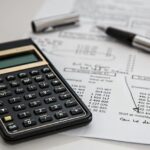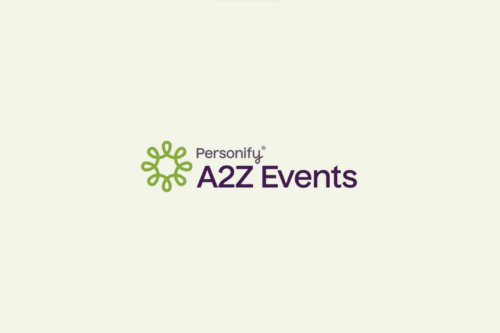Putting out a call for speakers is an excellent method of promoting your upcoming event. However, this is one of the many reasons your promotional and organizational timelines might overlap. As if event management wasn’t hard enough!
Streamlining how you put together your event agenda can lighten the load of event management.
When it comes to developing your event agenda, we recommend time blocking, using themes, and creating automations to simplify the process.
Time Blocking Your Event Agenda
Whether you have a calendar or use a simple spreadsheet, begin by identifying your time blocks. Using the event start date and end date, start time, and end time to frame up the days. Then determine how long you expect your audience to focus on a session, and use this to identify the time slots available for attendees.
For example, you may wish to block off the first hour of the event for registration. You may want to book the following time slot for an event welcome. We also recommend booking refreshment breaks every ninety minutes so that attendees can use the facilities or freshen their cup of coffee.
Identify Themes When Brainstorming for Event Speakers
Why are your attendees interested in your event? What do they hope to gain from the event? Will you educate? Entertain? Or provide activities to facilitate networking?
Once you’ve identified themes, fit them into your time blocks. Perhaps deep learning activities for mornings when attendees are fresh and including a networking activity to get attendees moving after lunch.
Identifying themes will also help you identify which speakers best suit the schedule. You can include this information in a call for speakers or when recruiting those presenters who would be ideal for the audience.
Use Automations to Streamline Your Event Coordination
Automations are generally based on “if this, then that” logic that identifies the steps to complete tasks. Software can take on these routine actions. Instead of dragging yourself through the same old checklist or data collection, create automation rules to ensure actions are completed automatically.
Here are a few suggestions to use automations in your agenda planning:
- Customize your registration form to include agenda themes to determine potential session interest. Use automation to aggregate these answers with Google Sheets and Data Studio.
- Collect speaker applications via Google Forms. Use the spreadsheet feature to look at comprehensive data as its submitted.
- Create email sequences to automatically send registrants and speakers information and updates, welcoming them to the event and reminding them of its approach.
- Use attendee tracking software to automate sending surveys to receive feedback and allow attendees to log in online and complete evaluations before printing their own CEU certificates.
Creating an event agenda is hard. These tips – time blocking, using themes, and creating automations – makes it easier. And we can help simplify your processes even more. If you’d like to learn more about event registration, attendance tracking, or how we can help with your next event, get in touch with us here.










